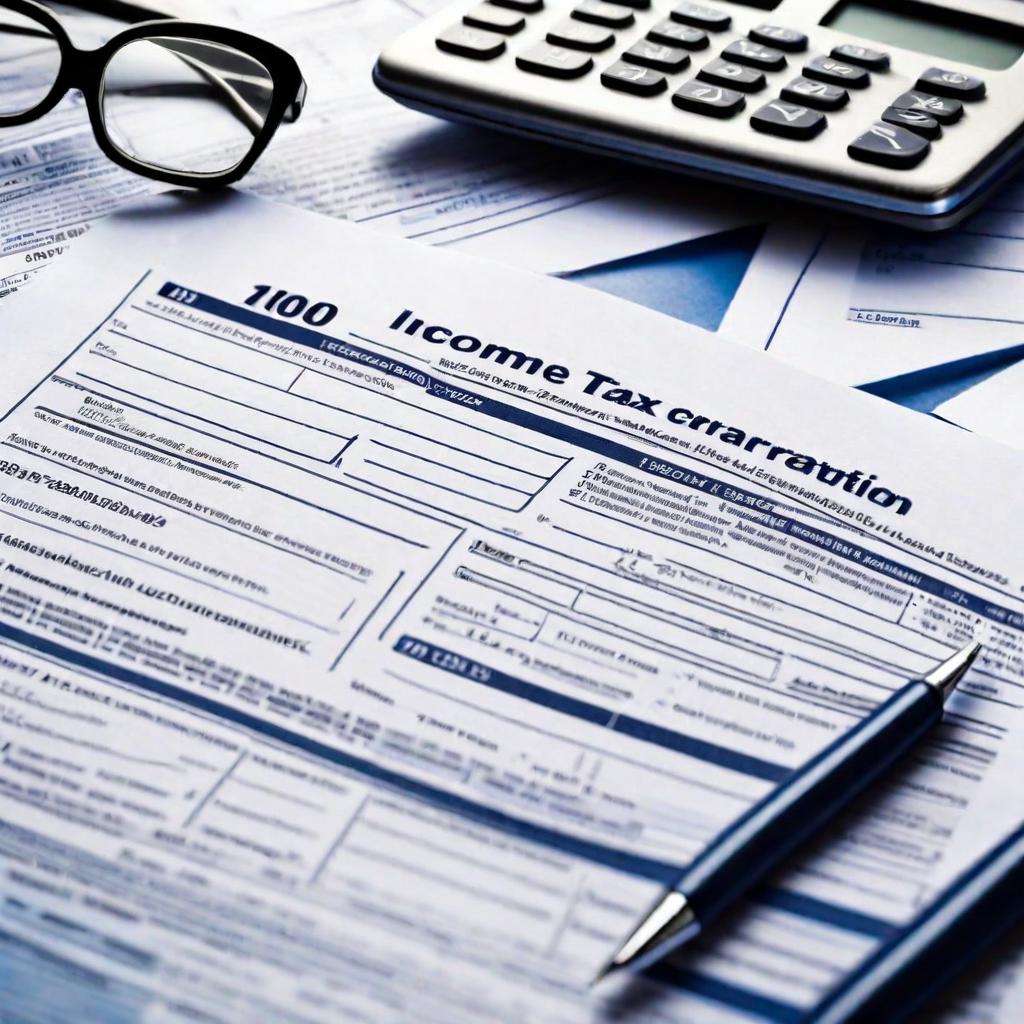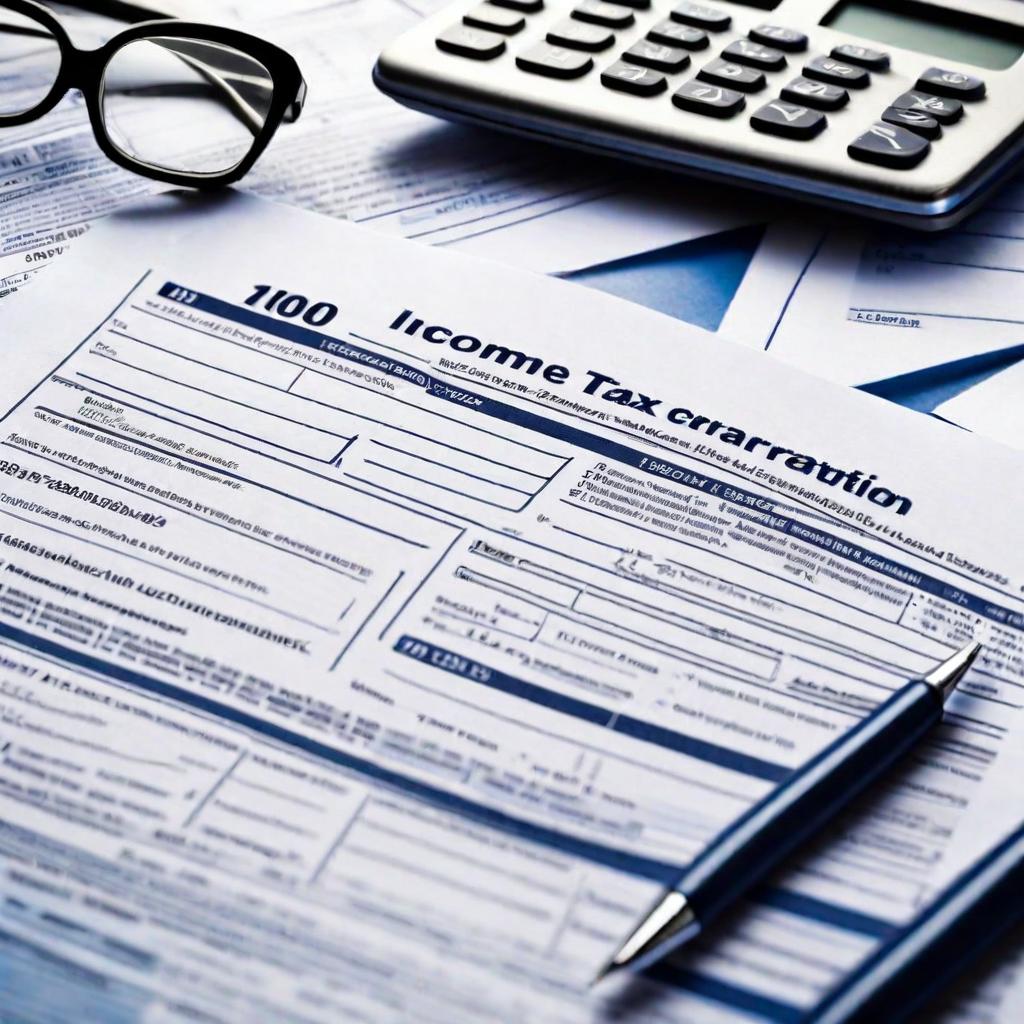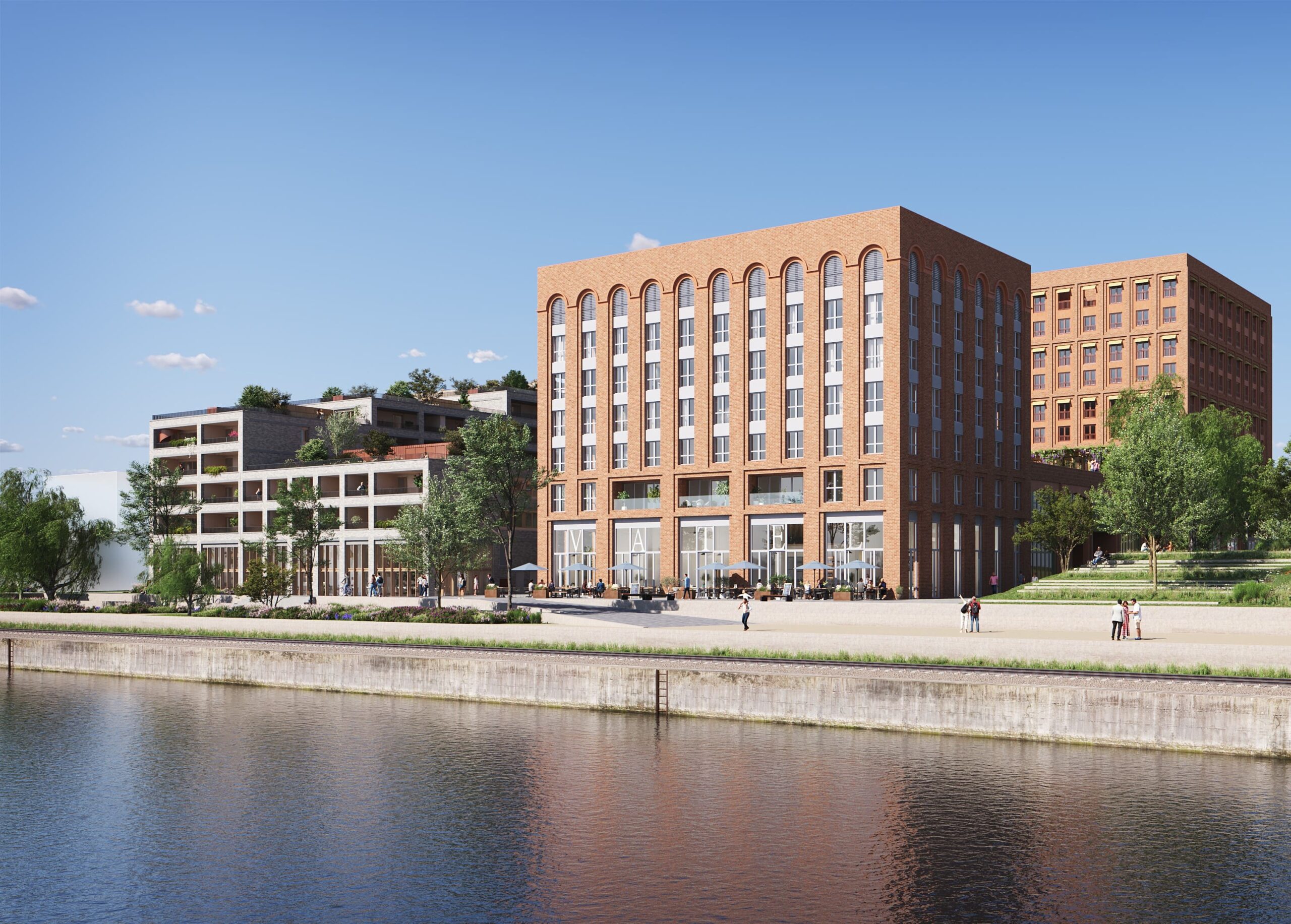Understanding Income Tax Declaration In France – What You Should Know?


Navigating the intricacies of income tax declarations in a country like France can seem daunting, especially if you’re dealing with rental income from either furnished or unfurnished properties. Whether you’re a seasoned investor or just starting out with a quaint little apartment in the French countryside, understanding the tax system is crucial. Let’s dive into the details of how these taxes work, so you can manage your properties wisely and with confidence
You are liable to French income tax on French rental earnings, whether or not you are resident in France. You may declare your income on the government website:
For non-residents, the online tax declaration must be done either before or by: 23rd of May each year. France has double taxation agreements with many countries, so in most cases a tax credit will be granted for tax paid in France.
There are two major categories for rentals in France: Furnished and unfurnished
Taxation of unfurnished rental income:
When you rent out unfurnished property, you are taxed in the “property income” category. There are two different plans:
- The simplified tax regime or Micro-land tenure system (“Régime Micro-Foncier”)
- The actual regime (“Régime Reel”)
The simplified tax regime or Micro-land tenure system (“Régime Micro-Foncier”)
This regime applies as a right to the taxpayer when the rental income does not exceed €15,000 for the tax year. To determine the net tax, the tax authorities take into account:
- Gross revenues
- The costs normally borne by the landlord and borne by the tenant
- Miscellaneous income (e.g. rental charges)
A 30% allowance (fixed assessment of service charges) will be applied to calculate taxable income on the remaining 70%, in the property income category. The 30% allowance will be calculated automatically and should not be deducted.
The actual regime (“Régime Reel”)
- Must have been incurred for the purpose of acquiring or retaining income
- Must have actually been supported by the owner
- Must be related to buildings or parts of buildings whose income is taxable in the property income category
- Must have been paid in the tax year
- Must be justified.
This regime applies to the taxpayer when the rental income exceeds €15,000 for the tax year. It may also apply by an option to taxpayers who have made the decision. Under this plan, it is possible to deduct certain expenses. However, expenses must meet the following criteria:
The tax rate is 20%. In addition, you would also be liable for 17.2% social charges (However, depending on the country of resident, the social charges are replaced with a solidarity tax (prélèvement de solidarité) at the rate of 7.5%).
The rate applies on the net income after deducting fees and charges related to the apartment, such as:
- Home insurance
- Building management fees
- Mortgage interest if you purchased through a loan
- Works and maintenances done in the property
- Property tax
Taxation of furnished rental income:
If you rent out furnished property, it is considered as a commercial activity. Therefore, you will be taxed in the Industrial and Commercial Profits (BIC) category and not in the Land/Property Income category. There are two tax regimes:
- The micro-BIC regime
- The real regime (“Régime Reel”)
If the annual revenue from the rental does not exceed 72,600 Euros, you are subject to the micro-BIC regime. The net taxable income will be calculated by the administration by applying to this amount a flat-rate allowance for expenses of 50%, this allowance will be increased to 71% for furnished tourist accommodation or bed and breakfast. When revenues exceed 72,600 Euros, you will be subject to the real regime (“Régime Reel”). Thus, the taxable profit corresponds to the difference between the annual income and the deductible expenses and depreciation.
Please note that the tax rate remains at 20% along with 17.2% social charges. However, the fees and charges you can deduct are more attractive and may allow you to not pay any income tax. The real regime (régime reel) allows, in particular, the following expenses to be deducted:
- Home insurance
- Building management fees
- Mortgage interest if you purchase via a loan plus the administrative costs and the cost of setting up guarantees and insurance premiums (if the financed property is recorded as an asset)
- Registration fees and notary fees relating to the acquisition of premises (if they are recorded as assets)
- Works and maintenances done in the property
- The fees of the chartered accountant
- Property tax
- Amortization of the property value
- The costs of proceedings in the event of a dispute with a tenant
- Subscriptions and miscellaneous consumptions integrated with the amount of the rent but for which you are invoiced (e.g. telephone bill, internet subscription)
- Provisions for risks (for example risk of non-payment)




